SSGT believes putting families at the heart of the criminal justice system and processes is the ‘golden thread’ which can reduce the harm of imprisonment and contribute to rehabilitation. Therefore, a strategic aim of SSGT is to contribute to improving the system of support for families affected by convictions and imprisonment to improve rehabilitation and resettlement outcomes. Evidence shows that prisoners who manage to maintain family bonds whilst in prison have significantly reduced reoffending risks upon release. Families cannot bear this burden alone and should be supported in this role. However, SSGT acknowledges family relationships are complex and systems should take account of the best interests of both the family and the prisoner.
Grant Programme Outcomes
SSGT has developed a strategy for the grant programme which emerged from a Current Context paper. We believe that supporting the improvement and development of family centred approaches in prison and probation systems leads to improved outcomes for all.
The grant programme has two funding strands which will support work across the island.
In Strand 1, groups can apply for one-year grants of up to €7,000/£6,000 for work which tests new approaches, adds value to current family support work and develops pathways to knowledge and learning around how to improve the situation for families. These initiatives should be relevant to the programme outcomes listed below. The focus is on children and families with a loved one affected by convictions and imprisonment as well as developing and strengthening systems which acknowledge prisoners as a family member[1].
Strand 2 will fund groups – up to €25,000/£21,500 pa for one to three years which are working strategically towards the programme outcomes outlined below. Funded groups should have a good understanding of the context for family support systems in the criminal justice sector and have ambitions for improvement using a systems change approach. Groups should only apply under one strand unless there are particular reasons for applying under both strands – for example as part of a consortium.
Our reference to ‘family’ is a broad definition and includes significant others.
SSGT’s approach, as a small grantmaker, is to work towards outcomes to which it can best contribute, given identified need and opportunities to engage. Therefore, we will fund work that makes a contribution to the following outcomes:
Outcome 1: Family-centred approaches to rehabilitation and reintegration become normalised in the prison system, at the point of imprisonment, during the sentence and on release: we are interested in work with people affected by imprisonment and convictions which has a strategic focus on their role as family members, and a recognition that partners and children serve the sentence too. This is a systems-focused approach which uses current evidence to effect change.
Outcome 2: The voice of prisoners and their families adds to the evidence base and understanding of the value of family-centred approaches to reintegration and maintaining family bonds: The voices of people most affected by decisions which impact them need to be heard at local and national levels. This could include establishing platforms and mechanisms which allow them to participate in decision-making forums and have their voices heard. Many people with lived experience of the criminal justice system develop a set of capabilities that enable them to advance transformative change, both in the lives of people affected by imprisonment and convictions and in the lives of those who make decisions which affect them.
Outcome 3: Government and state bodies are held accountable for reducing the harm of imprisonment to families: the focus is on ensuring duty bearers acknowledge the need for change and act accordingly. We are interested in improved policies, legislation and change to current practice which results in relevant agencies better meeting the needs of the whole family.
More information about the grant programme and the criteria is available here.
We strongly encourage potential applicants to talk to us in advance of making an application – a short email outlining the project activities (in three or four paragraphs) should be emailed to orla@ssgt.ie and we will arrange to telephone you to discuss it.
When you are ready to apply
Strand 1 – apply here
Strand 2 – apply here
Funders: This programme is funded by a family foundation advised by Porticus and the Bridget Clancy Fund.








